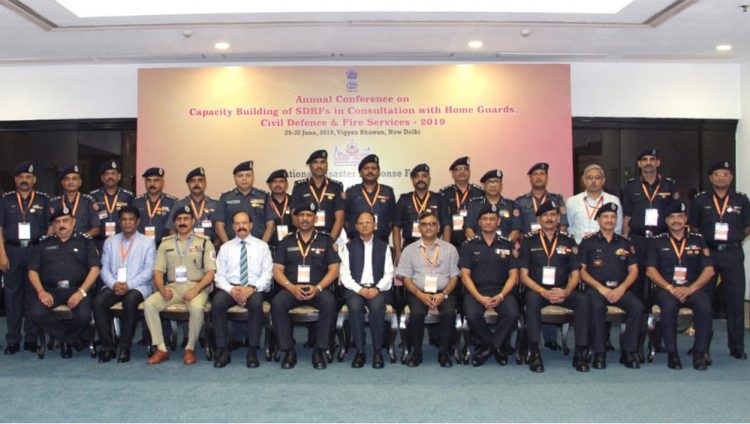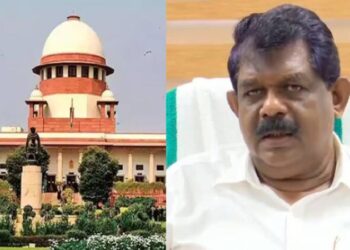New Delhi: Additional Principal Secretary to the Prime Minister of India, Dr. P K Mishra addressed the closing session of the Annual Conference on Capacity Building of SDRFs, Civil Defence, Home Guard and Fire Services organised by the National Disaster Response Force. Dr. P.K. Mishra, Additional Secretary to the PM of India was the chief guest on the valedictory session.
While addressing the closing session of the Conference, Dr. P K Mishra said that our response system should also stay abreast with the latest technological innovations. Artificial intelligence, sensor technologies, robotics etc. hold huge promise in making our disaster response system more efficient and effective, he added. He also underlined that we have shifted from relief centric approach to response centric approach.
“Having been associated with the conceptualisation of the NDRF, I am delighted to see that since its inception more than ten years ago, NDRF has established itself as a dependable, respected and trusted response force. It has set new benchmarks of timely and effective response. But we must realise that however strong NDRF becomes, it cannot be a substitute for local response capacities. NDRF can be a source of inspiration. It can also guide the capacity development of local response organisations. But it cannot replace them. Therefore, I welcome the focus of this conference on capacity building of SDRF, Civil Defence, Home Guard and Fire Services.
The Disaster Management Act lays down a three-tiered structure – at the national, state and district levels – as far as the disaster management authorities are concerned. But for disaster response, it provides only for the NDRF. However, seeing the need of NDRF like capacities at the state level, NDMA began to advocate setting up State Disaster Response Forces. Today 21 States have SDRF and some are in the process of setting up. The value of SDRF has already been proven in recent disasters such as in Cyclone FANI in Odisha. However, the task of professionalization of SDRF is yet to be accomplished in most of the states. Although each state should develop the SDRF according to its own requirements and available resources, there has to be some degree of standardisation in terms of minimum capacities, skills, tools and equipment in all the SDRFs”, told Dr. P K Mishra.













